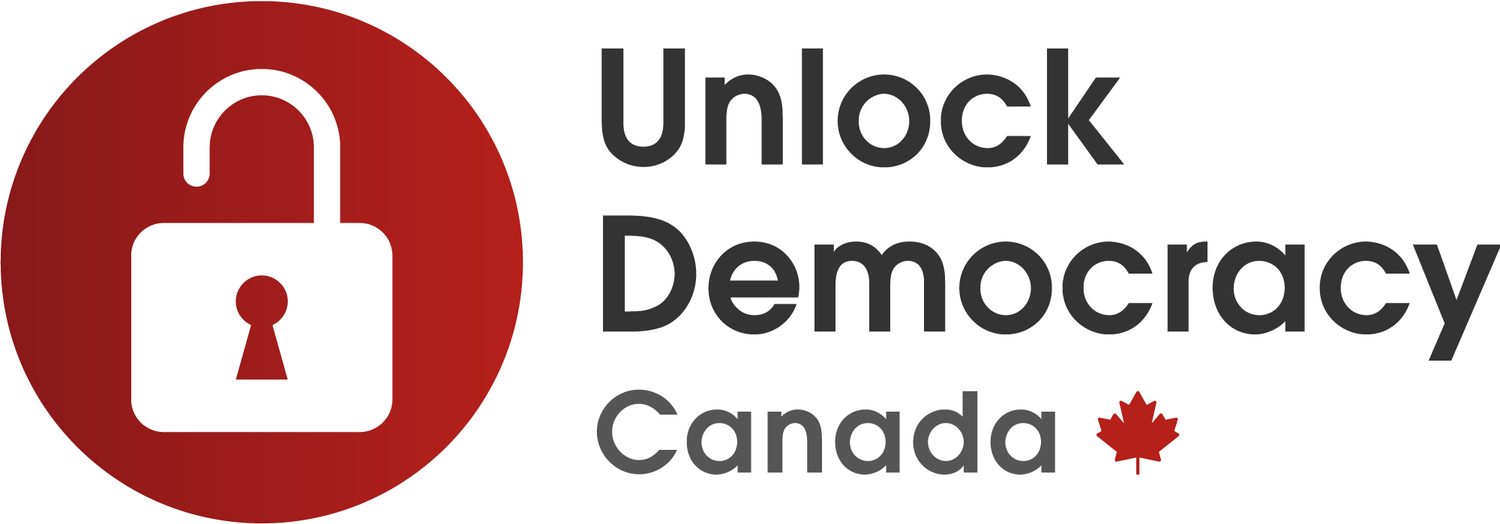Mixed Member Proportional or Proportional-Preferential-Personalized?
Last Thursday night, Liberal MP Frank Valeriote hosted a discussion on voting reform in Guelph with MP Stéphane Dion, former leader of the Liberal Party, and Professor Brian Tanguay, of Laurier University. While all participants agreed about the benefits of proportional representation (PR), there is still considerable debate as to which specific voting system Canada should adopt.
Professor Tanguay argued for Mixed Member Proportional (MMP), a system used by Germany, Scotland, and a number of other countries around the world. The MMP system is also preferred by the Official Opposition, the NDP. While there are slightly different variants of the MMP system, it generally consists of a constituency vote where voters directly elect an MP, not dissimilar to what we have now, along with a second vote, where voters vote for the party of their choice. On the second vote, MPs are elected from a party list of candidates, with the amount of MPs each party elects being proportional to what they received from voters on the second ballot.
M. Dion prefers the Proportional-Preferential-Personalized (P3), where voters would first rank which parties they preferred, and then voters would chose a candidate from a party list. Thus, if one party received 30% of the vote on the party ballot, then they would get 30% of the seats. The 30% of seats are filled by the candidates who have the most votes on the second party list would be the ones who get elected to Parliament.
There are other forms of PR that weren't brought up in the discussion, including the Single Transferable Vote (STV), Direct Party and Representative Voting (DPR), as well as many others. While no system is perfect, most agree that any type of voting reform would be better than our first-past-the-post system (FPTP) which distorts election results, and doesn't represent the democratic will of the Canadian electorate.
Is there a system here which is superior than others? Feel free to leave your thoughts in the comment section below. To read more about the event with Professor Tanguay and M. Dion, check out the Guelph Mercury article here. To help bring proportional representation to Canada, don't forget to join Unlock Democracy.

